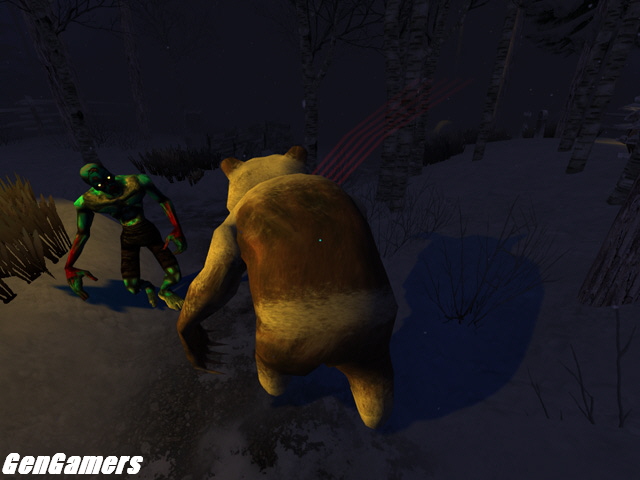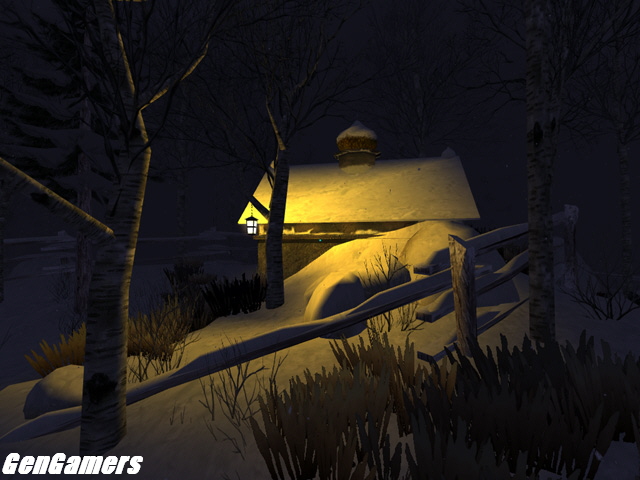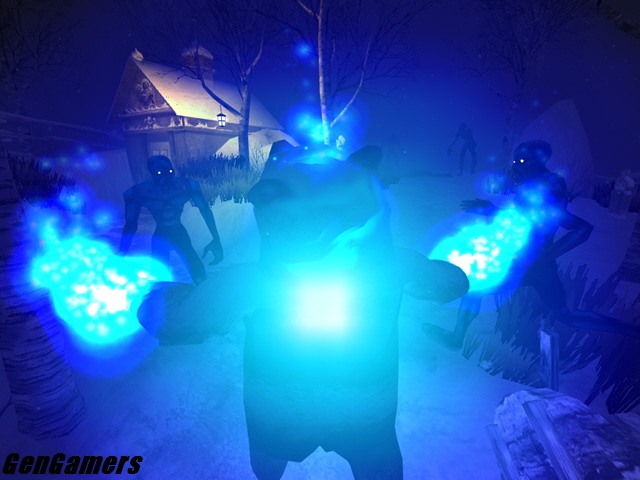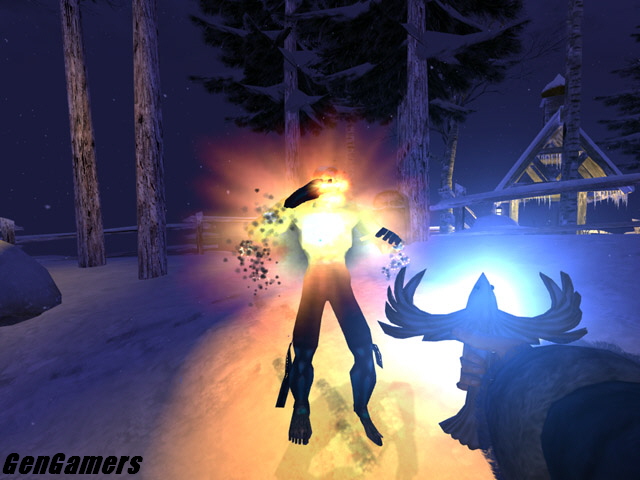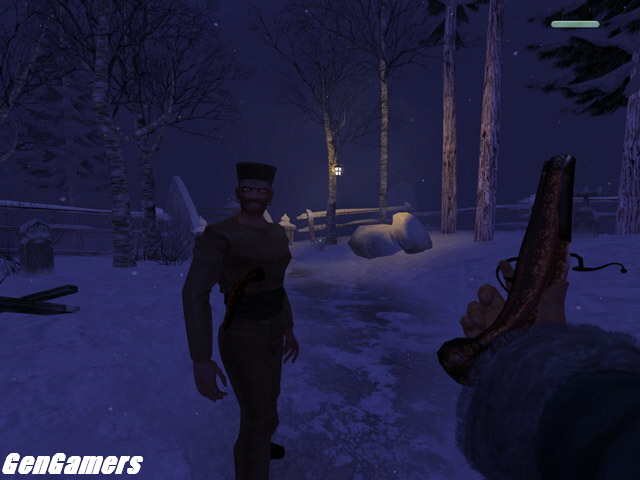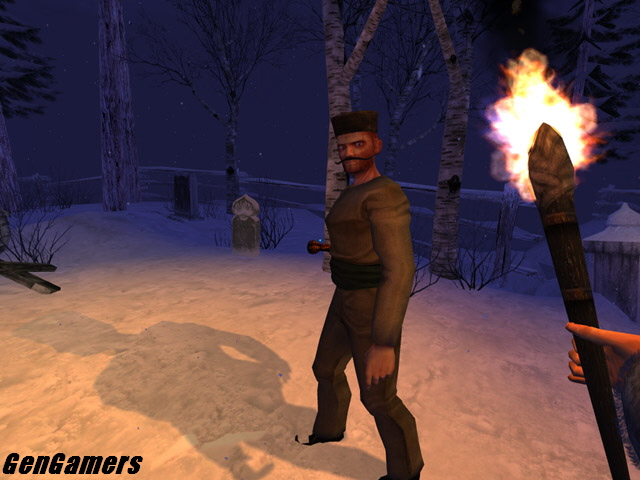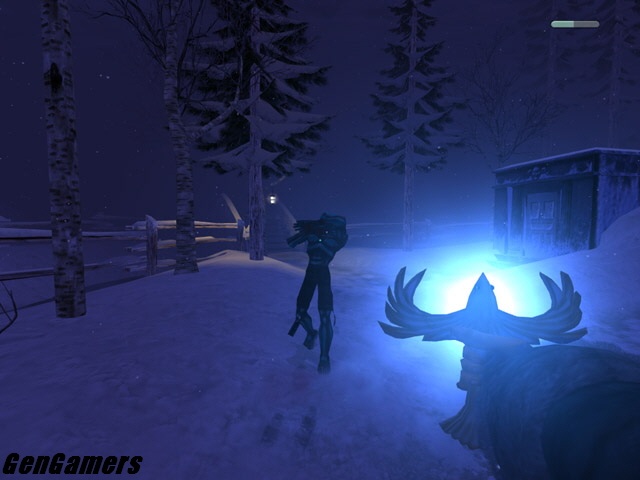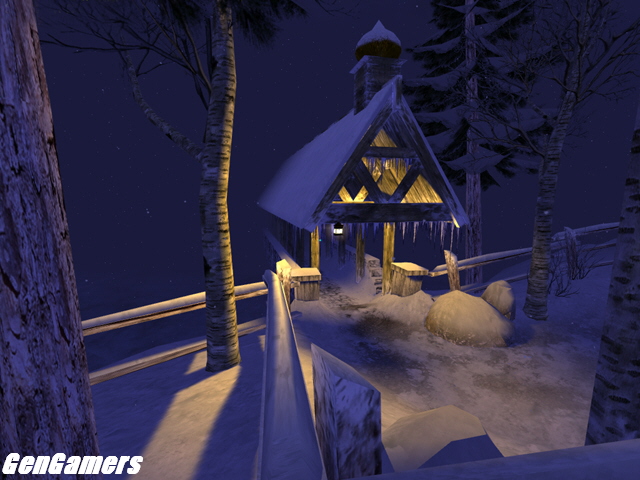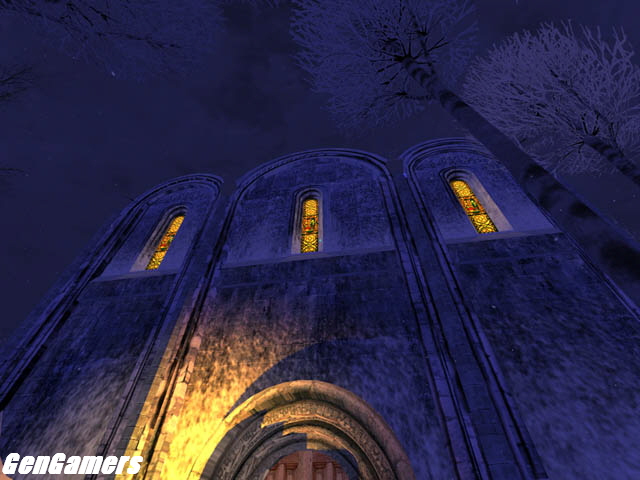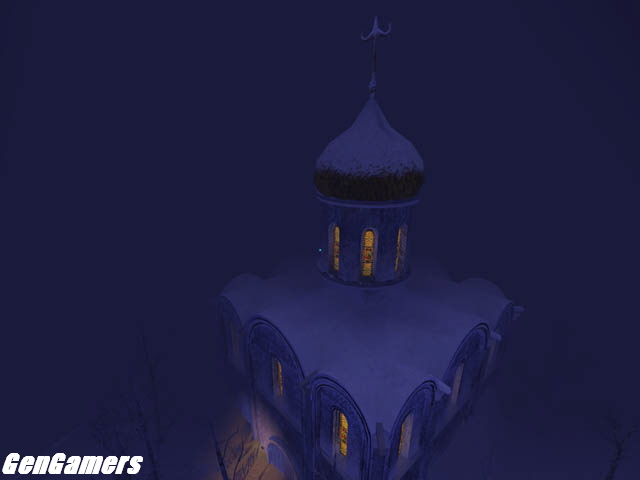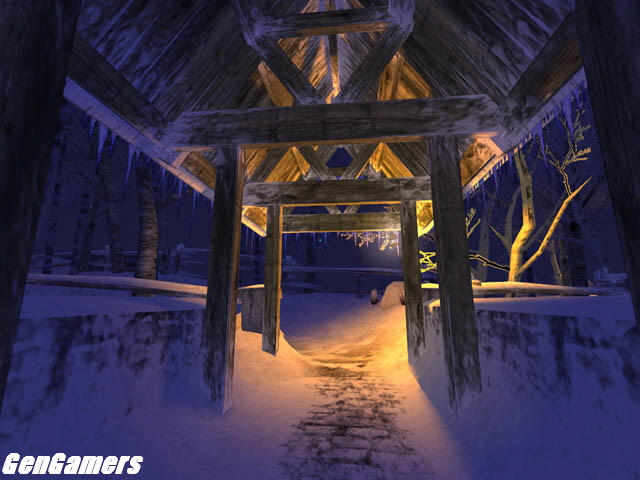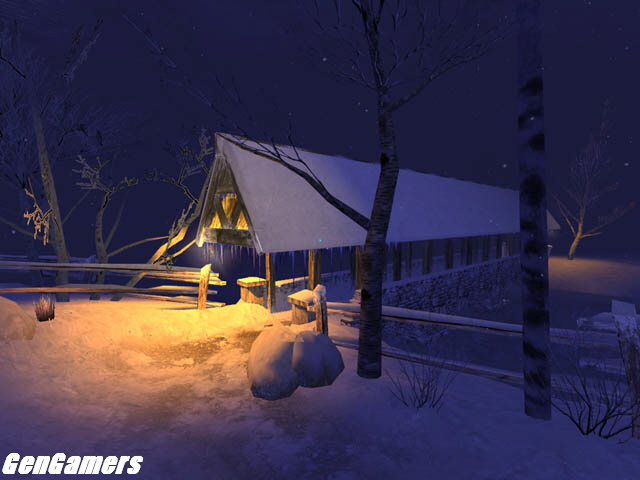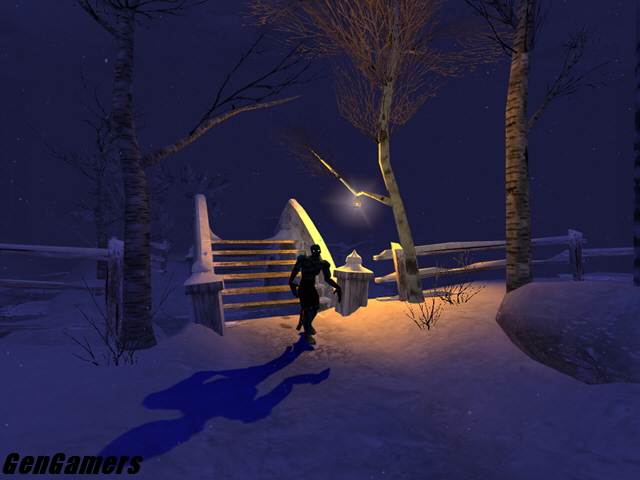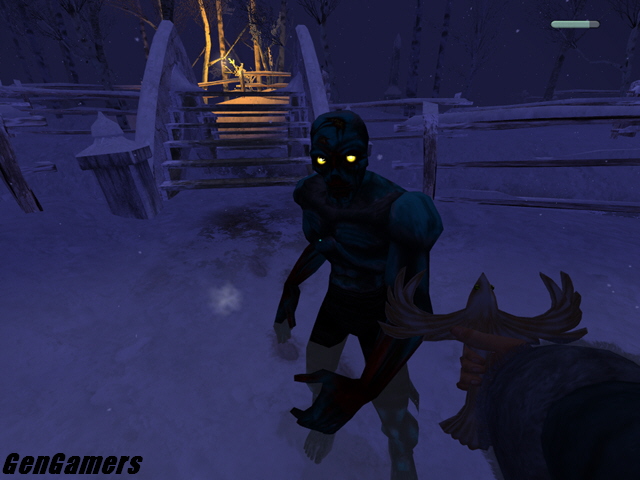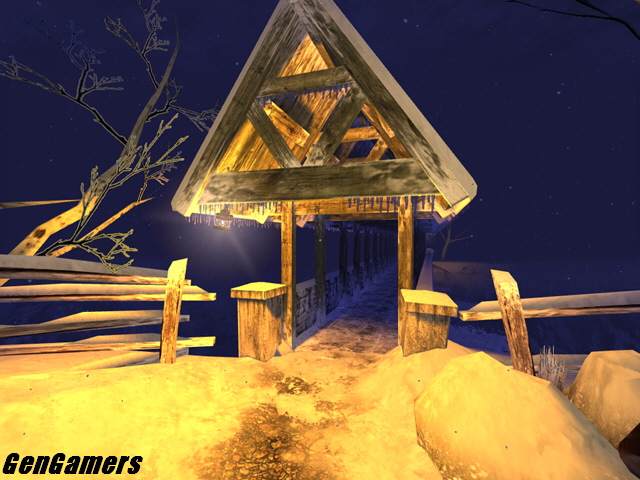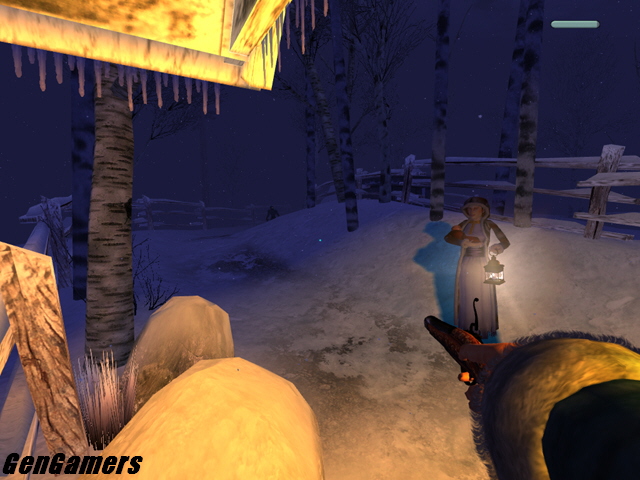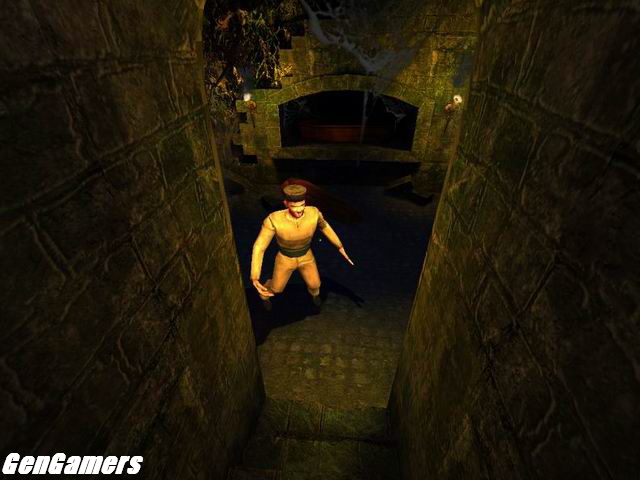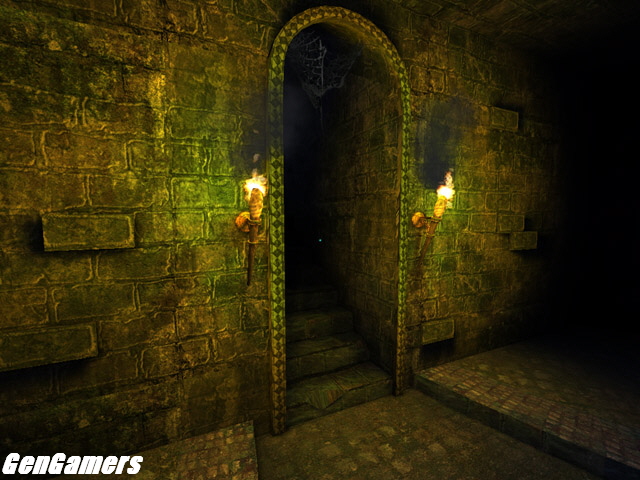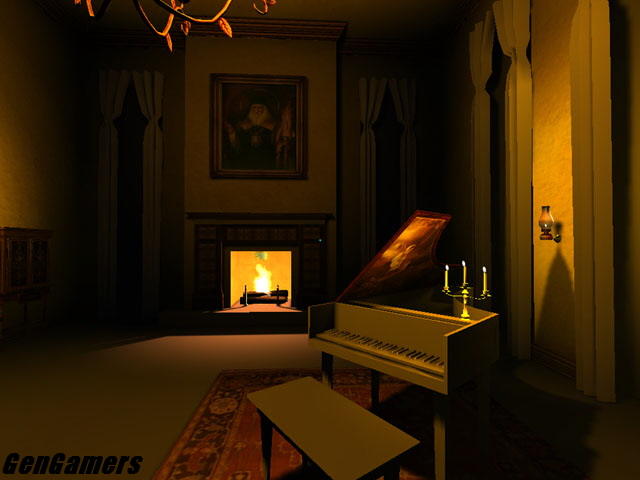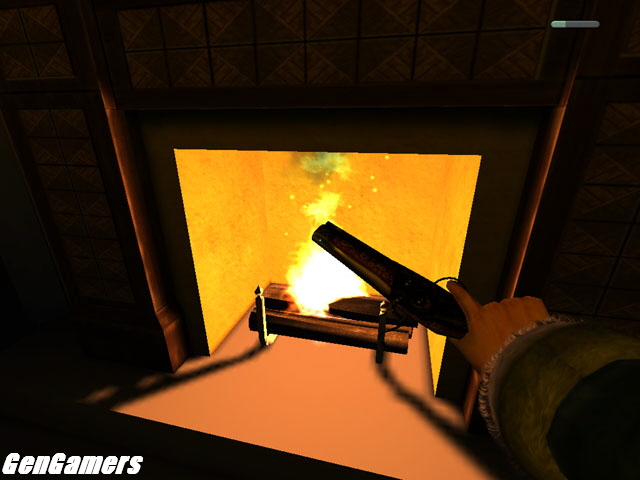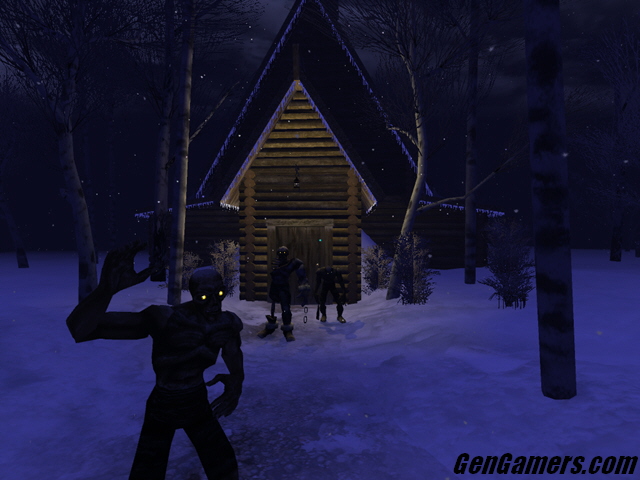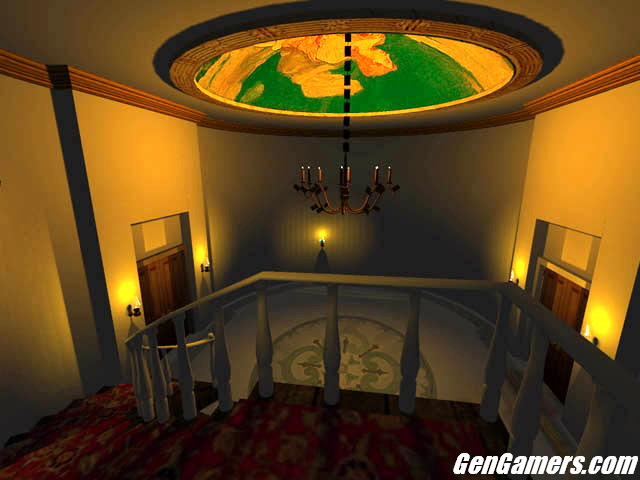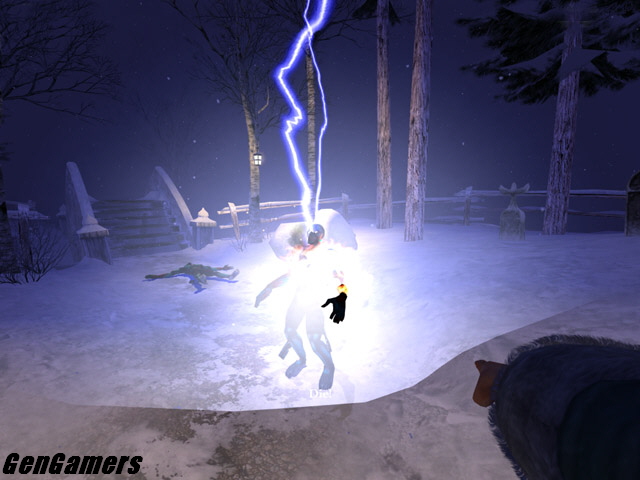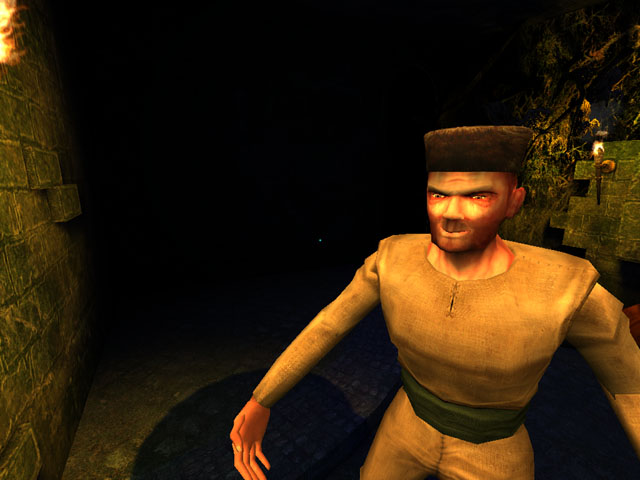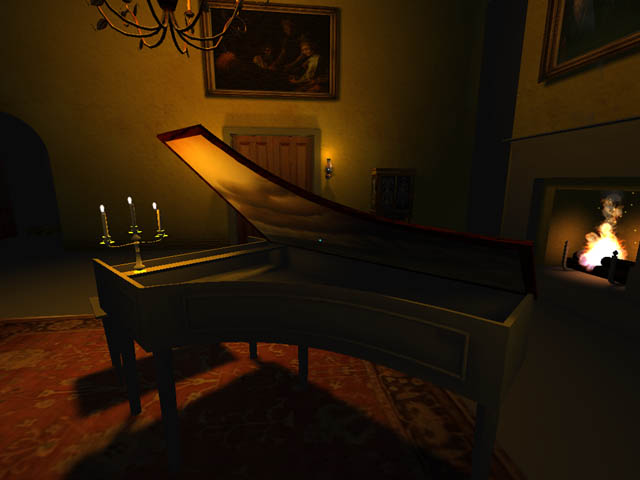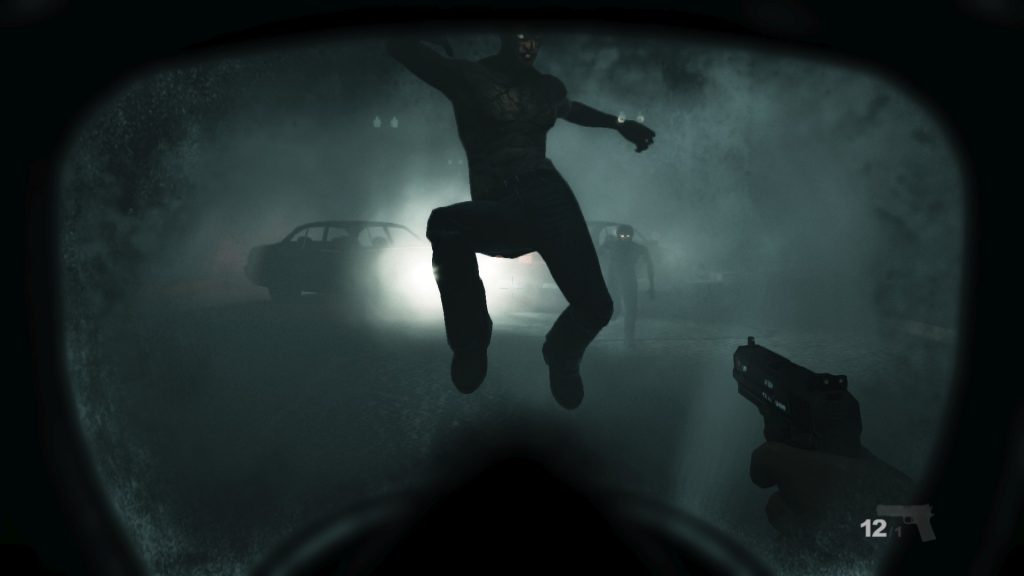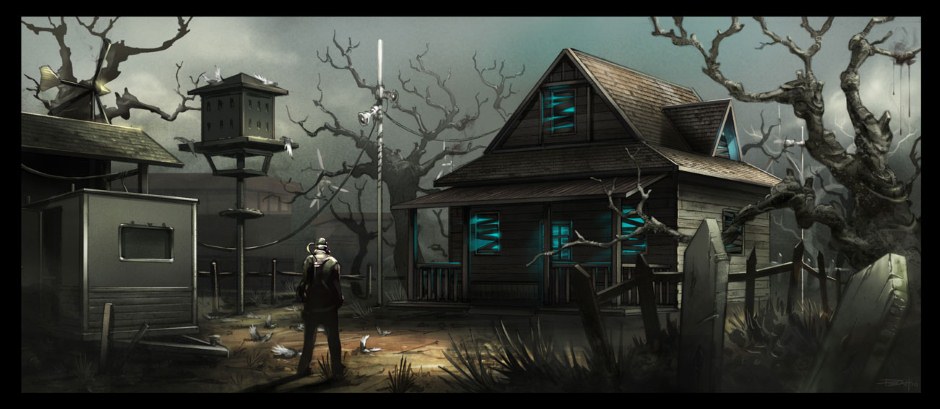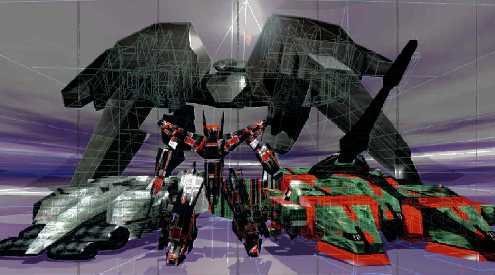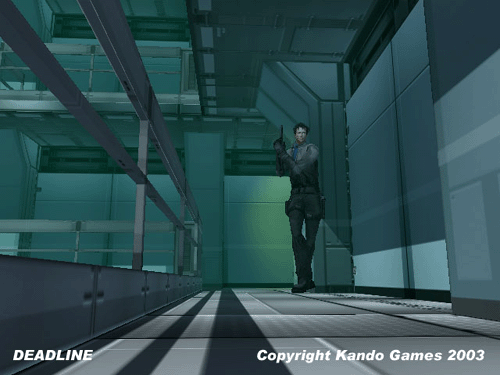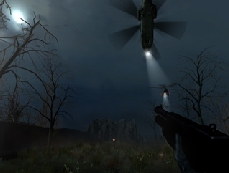Cleric is a cancelled game that was in development for PC by Texas based studio Plutonium Games, and from what we have found, this could have been a quite unique and interesting project. It was a First Person Survival Horror (game) mixed with puzzle elements, action and role playing.
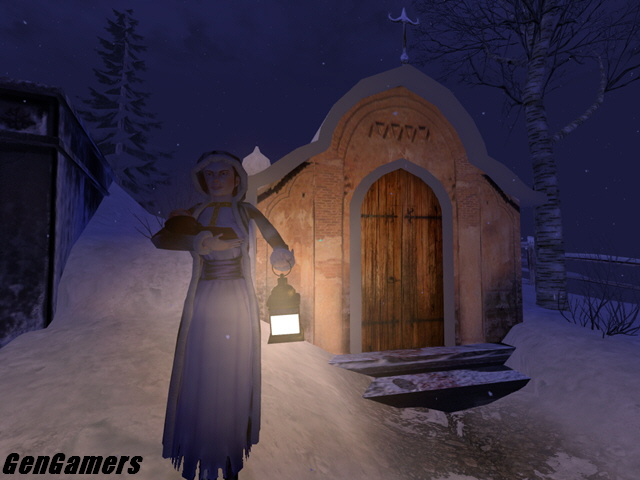
There were plans to release it around the month of December in 2003 but that didn’t happen. On April 14 in 2004 it was announced it was put on indefinite hiatus or cancelled altogether according to a post on the main website of Plutonium Games. There were hints that they had difficulties finding a publisher for their game:
“After a long trip, it looks as if Cleric may not be made for a long time to come, if ever. I want to thank everyone that has supported us over the years. This site will remain up as will the forums. I have recently (3 months ago) taken a job with another studio (Destineer Studios) as a 3D Artist on their tactical shooter project “Close Combat – Marines: First to Fight“. Who knows? Maybe a few years down the road, I’ll get the opportunity to start Plutonium Games back up again. Until then, I’ll be building up my portfolio & experience with Destineer. Thanks again for all the great support!”
The website isn’t up anymore, and no more information can be found about Plutonium Games anywhere on the internet, so we assume the company no longer exists.
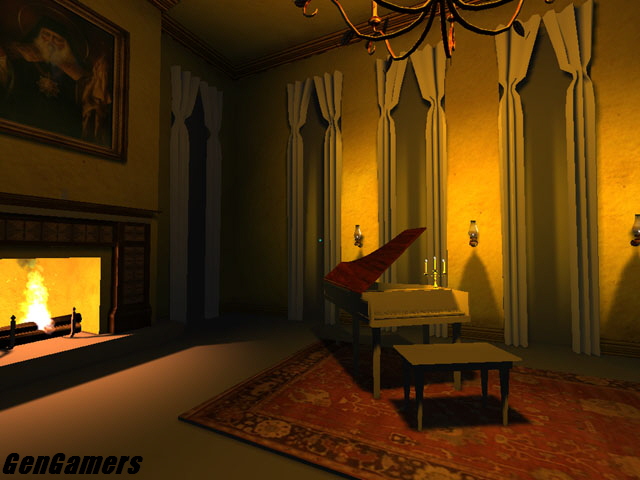
As for more information pertaining to how the game would have turned out, here’s a brief story and design summary. Cleric’s story is set in 16th century Russia and the dead are walking again. Women are disappearing and it is up to Reverend Father Aronos Schuler (the main character of the game) to investigate this mystery and to put an end to the plight of the undead. What was interesting is regardless of his position, he was meant to be a character of little faith and the story would have developed around the mystery of the undead of course but also of the Reverend’s internal struggles. Multiple path scenarios were considered with multiple endings as well depending on the player’s actions throughout the game.
Players would have had 2 different holy symbols to use for their main weapons. These would have given a series of different abilities like flying, sensing danger, re-animating the dead, healing and summoning, to list a few. Some traditional weapons like swords, maces and old muskets would have also been weapons the Reverend could find during his travels. Fore more story and gameplay details, you can check an old Gamespot preview and their image gallery.
Judging from the video, you can tell the focus wasn’t exactly just about shooting since the musket would need reloading after every shot. You have a symbol that repels the undead used like a holy cross and if held long enough, they start to catch fire. It seems the mission was to escort a woman to a shelter whilst protecting her from the undead. Later in the video the reverend approaches a statue and acquires a miracle power that lets him summon lightning to strike the undead!
Lastly, for the last bit of information we have for Cleric, there’s a very interesting interview with CEO/Lead Designer Matthew Doyle of Plutonium Games.
If Cleric had not been cancelled, we believe it could have been remembered as quite the cult classic of its time.
Article by Alex Bérubé
Images:

